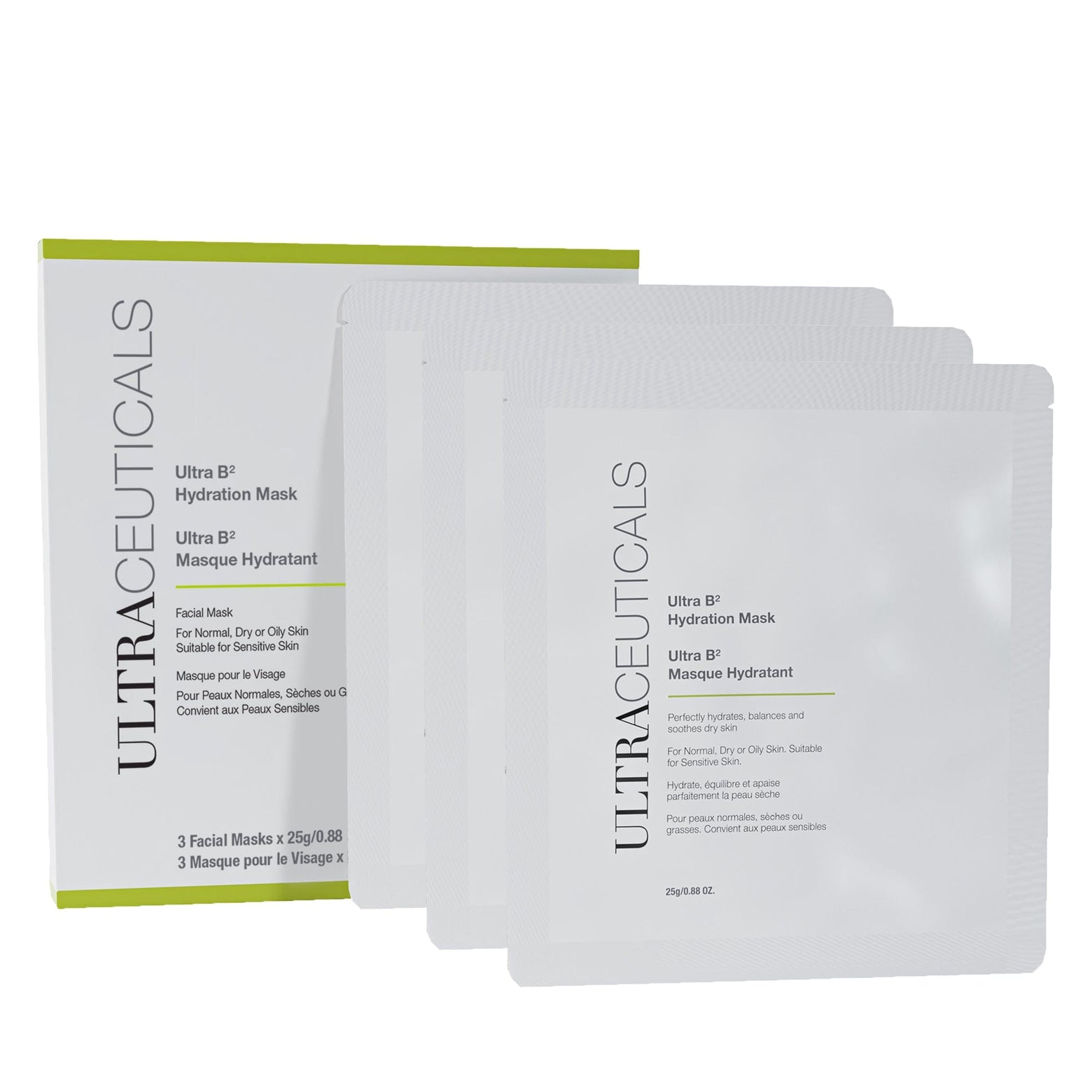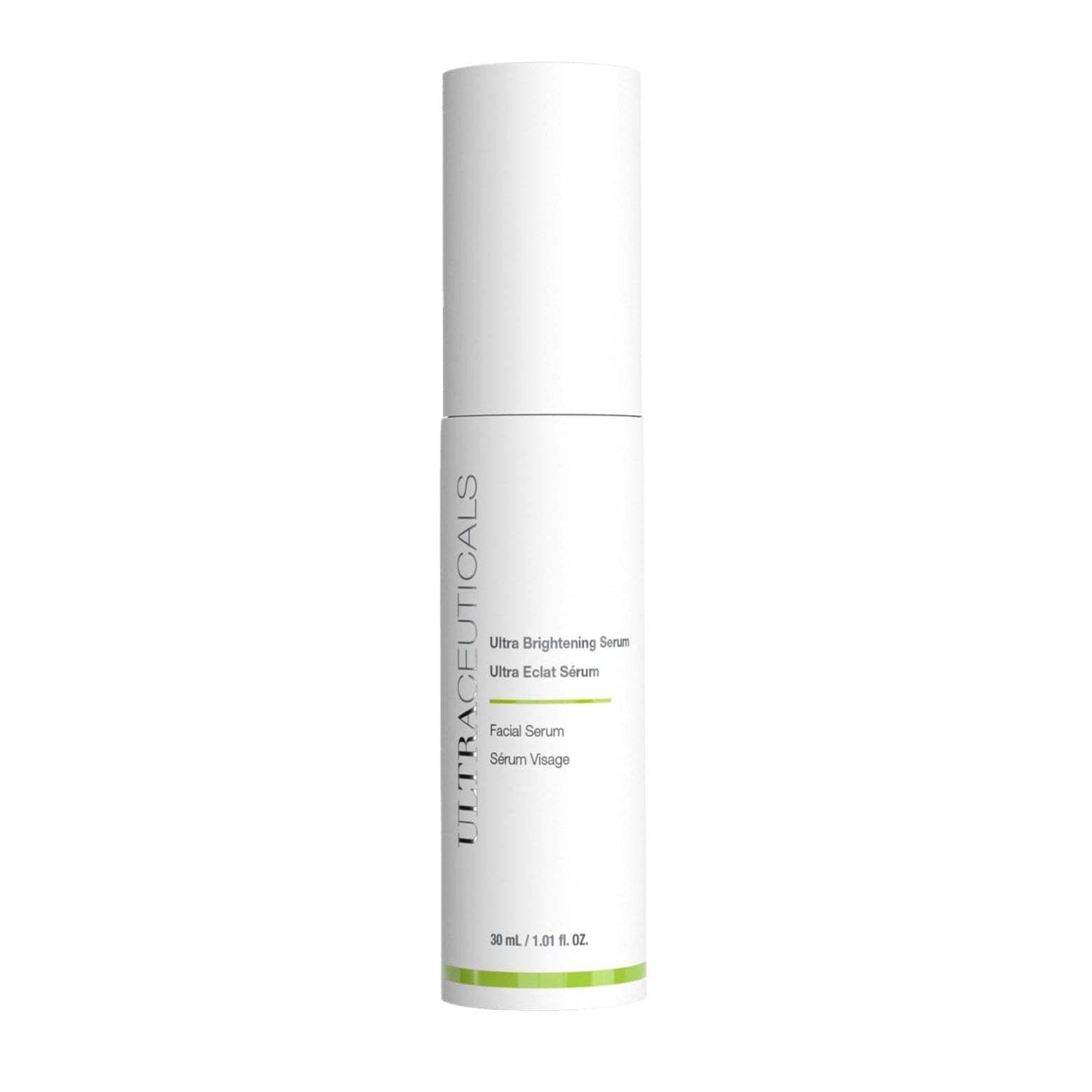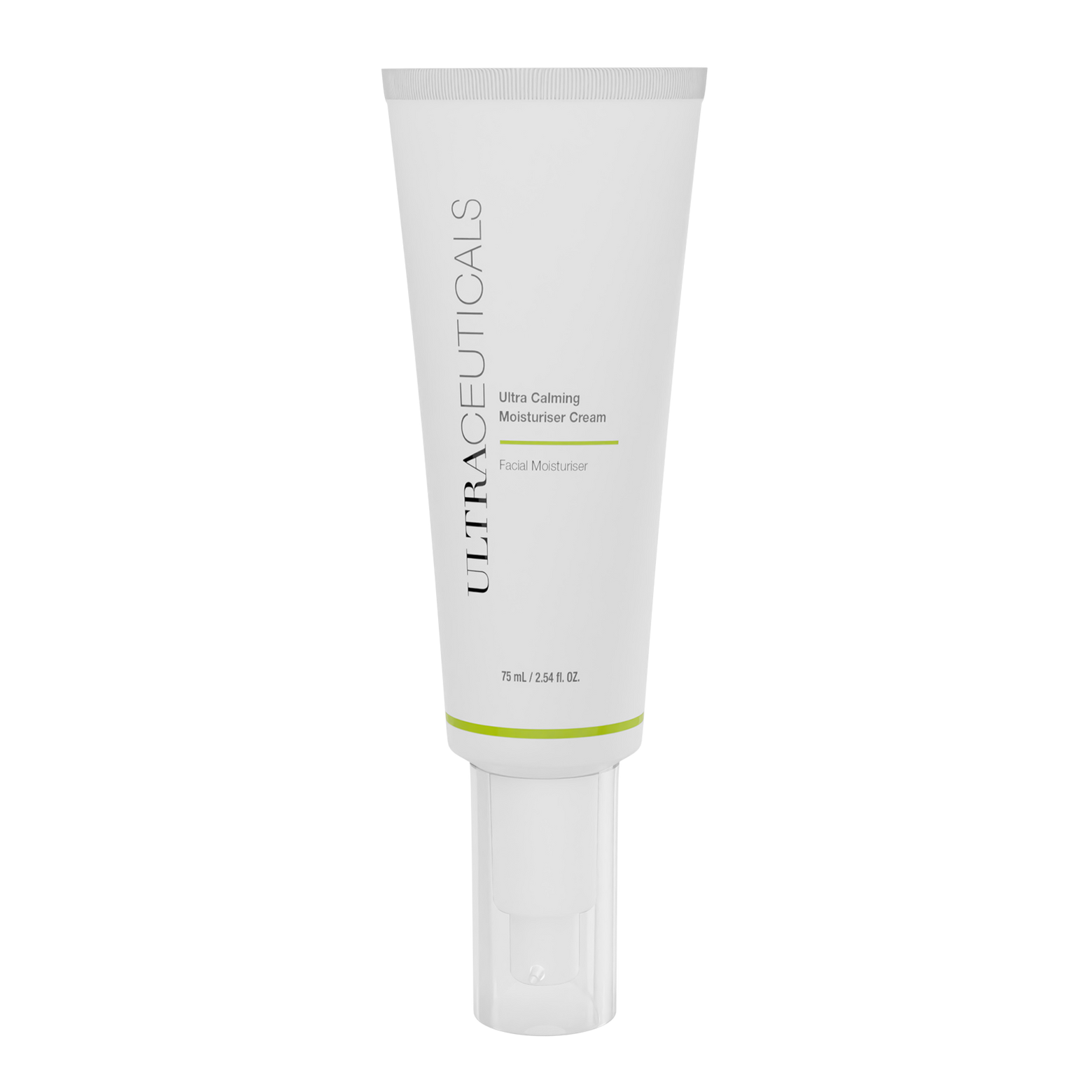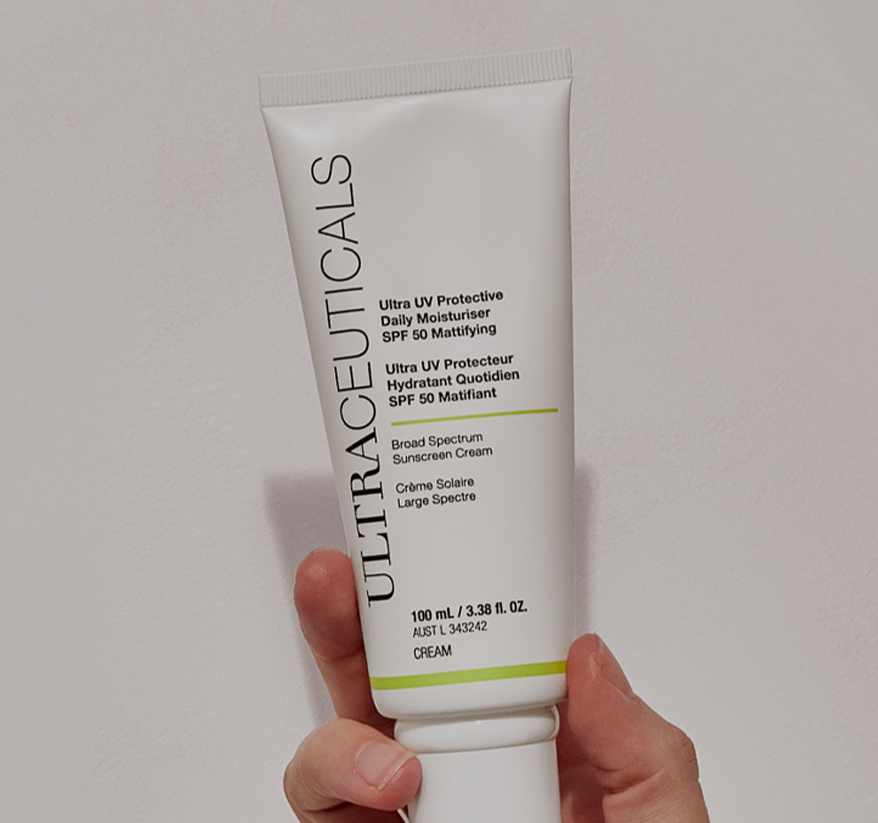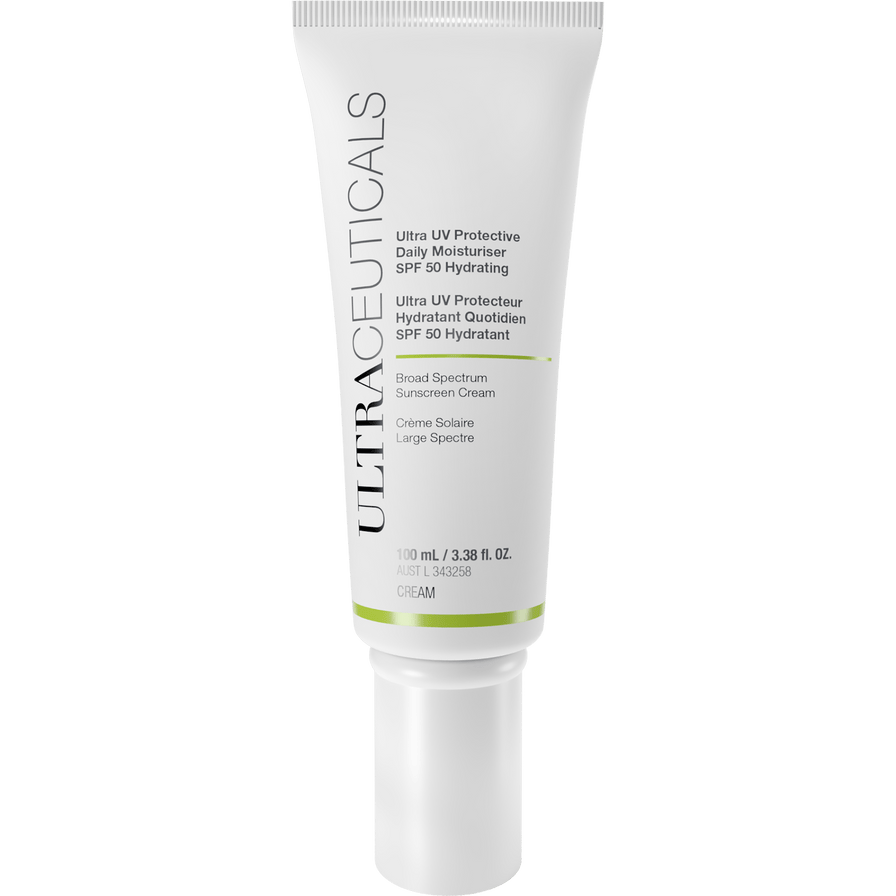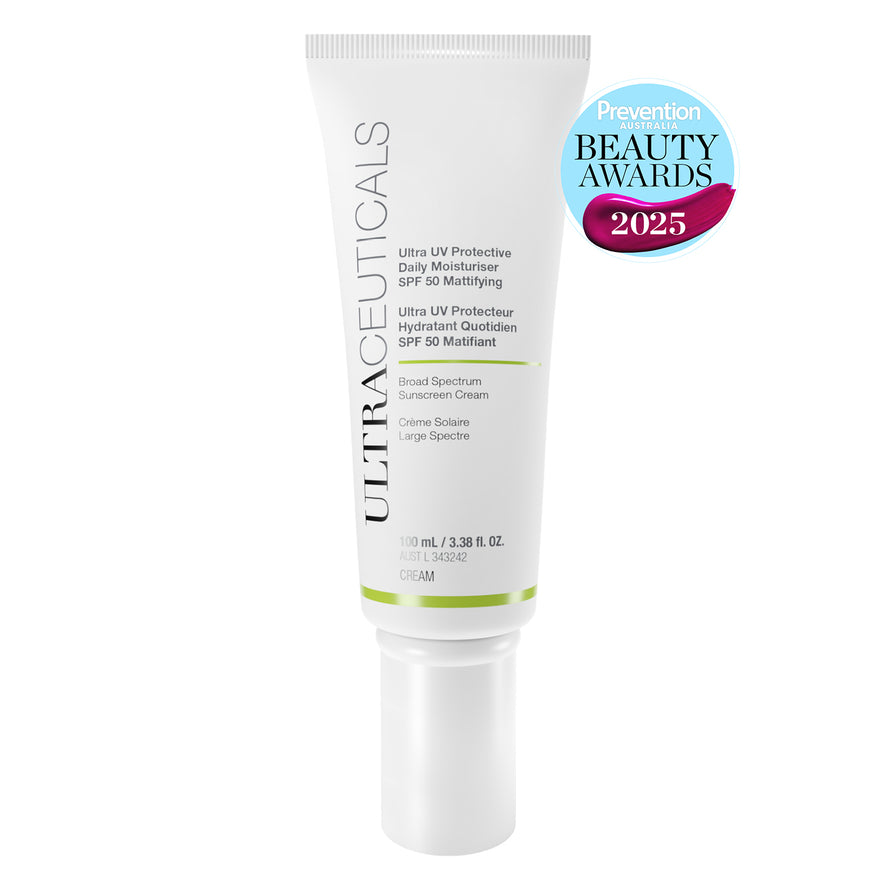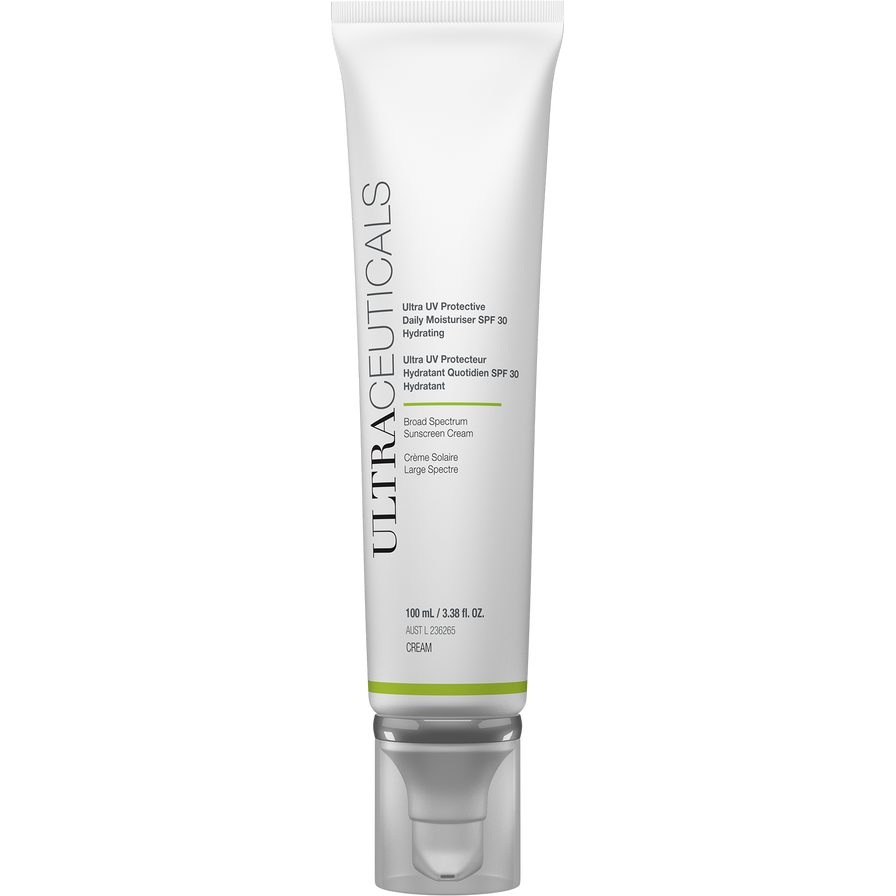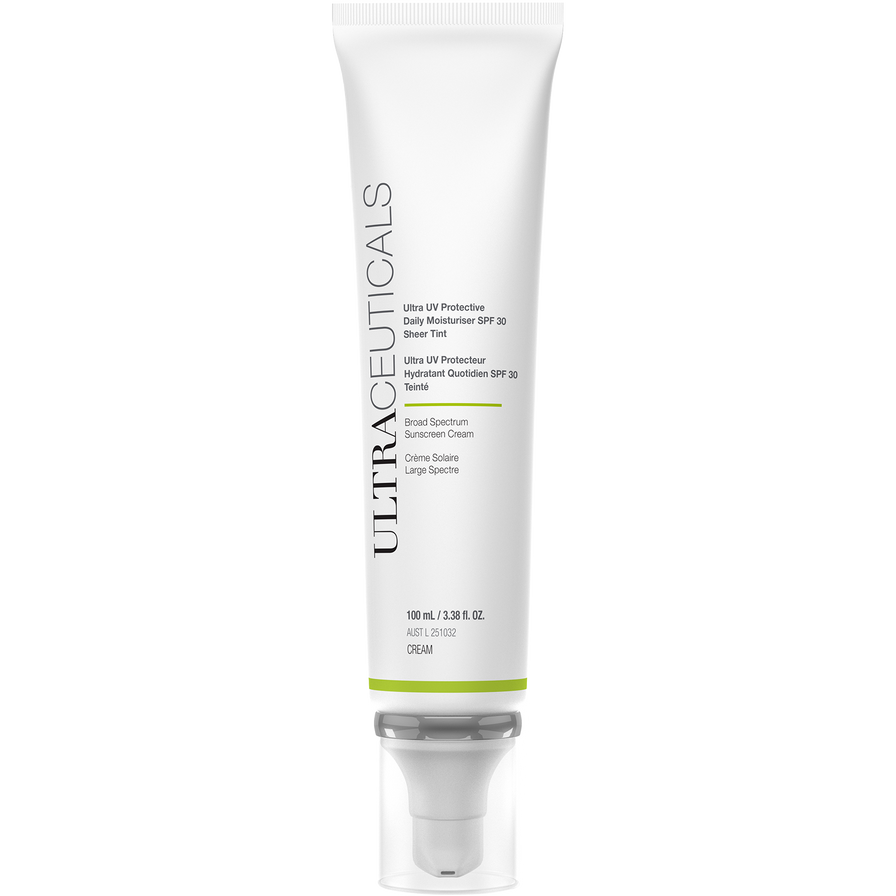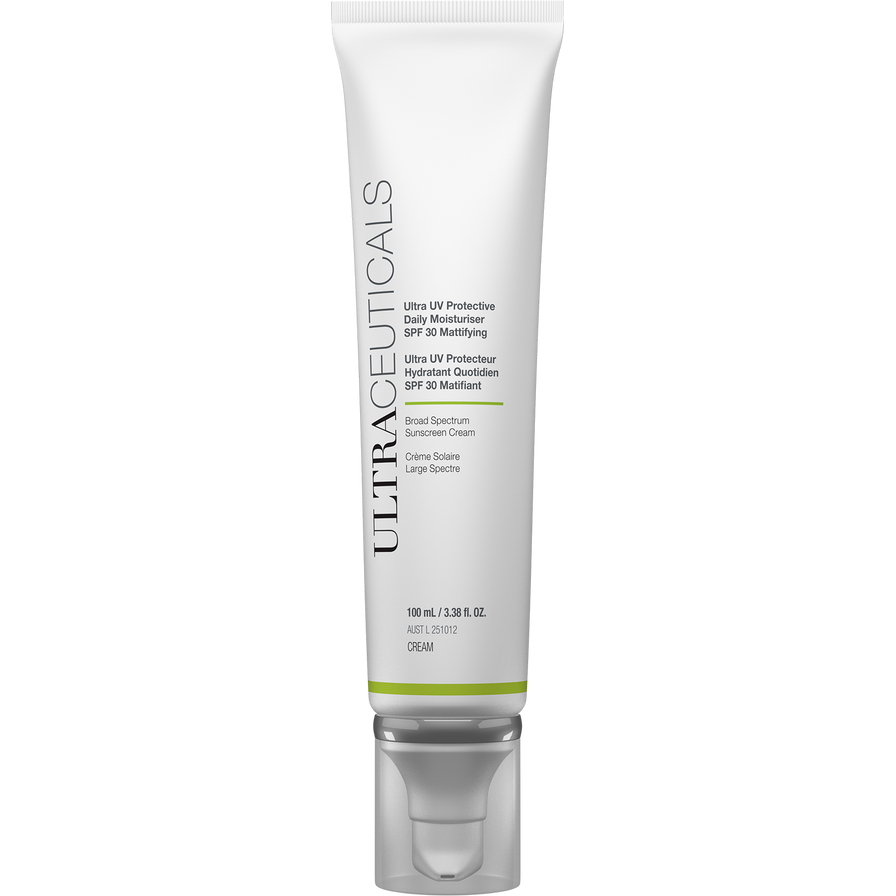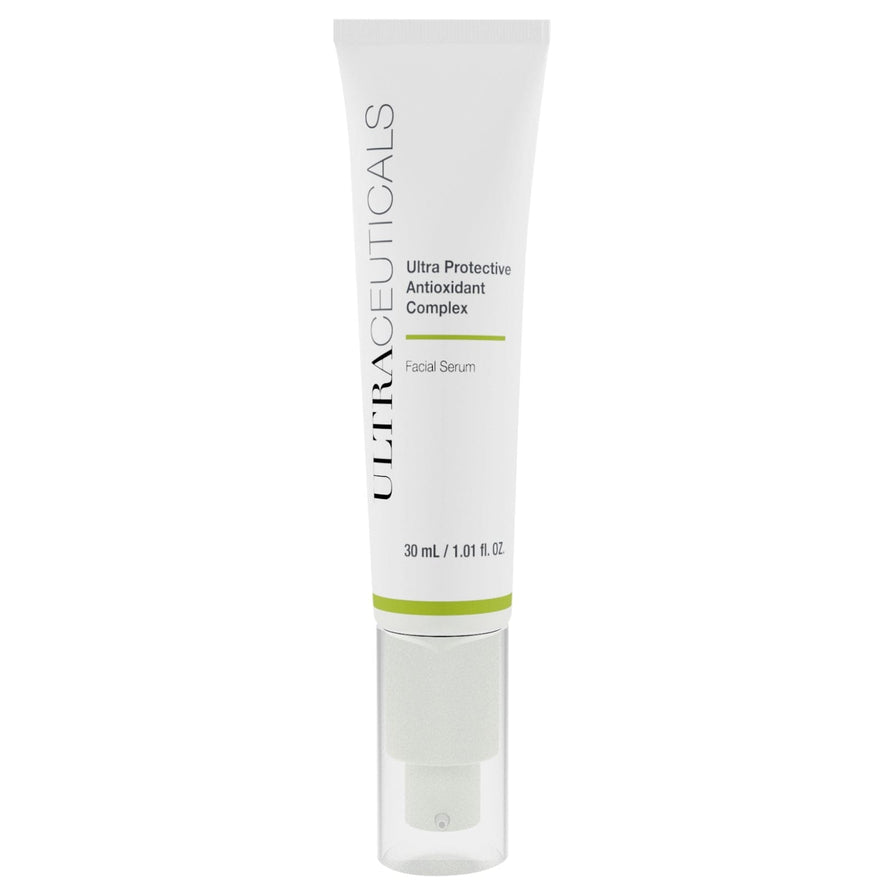When it comes to sunscreen, the most important thing is that you’re using one - but how do you decide which one to slather on?
We’ve turned to our Innovation and R&D Director, Dr. Shiva Farabi and Global Education Ambassador, Tracey Beeby to find out all you need to know about chemical-based and mineral-based sunscreens.
Also commonly referred to as chemical sunscreen, non-mineral sunscreens protect the skin from the sun by absorbing UV light and converting the rays into non-damaging heat that gets released from the body. These are thinner in consistency, sheer in texture, and generally more favoured by consumers.
If you’re still unsure, think of our best-selling, community favourite Ultra UV Protective Daily Moisturiser SPF 50 Hydrating or Mattifying formulas; lightweight, non-whitening and fast absorbing - the dream combo.
Mineral sunscreen (also known as physical sunscreen) sits on top of the skin and deflects the sun’s rays to protect the skin from UV damage. These formulas tend to be slightly thicker in consistency and velvety to the touch. They are generally preferred by sensitive or acne-prone skin types; utilising ingredients such as titanium dioxide or zinc oxide which are shown to be gentler on the skin.
While mineral-based sunscreens have increasingly risen in popularity over the years, they’re often deemed to leave a white cast, peel easily and are difficult to rub into the skin.
We don’t mean to brag, but we’d say ours isn’t your average mineral sunscreen. Our Mineral SPF 30 is a light, sheer, non-greasy and easy-to-blend mineral sunscreen offering both UVA and UVB protection. To quote Tracey, “ours feels like NOTHING on your skin, it’s the most beautiful mineral SPF.”
Bonus, our mineral sunscreen also helps reduce blue light transmission - light that comes from LED screens such as our phones, TVs and computers which has been associated with premature skin ageing.
To sum it up - both mineral and non-mineral sunscreens are two slightly different formulas designed to achieve the same goal. That is, to protect your skin from the damaging effects of the sun. Ultimately, choosing the right formula for you is down to your skin type - or personal preference. Luckily, our award-winning, best-selling SPF range includes formulations designed to suit all skin types.
Have any SPF questions? We've got a whole article of answers. Find out everything you need to know about sunscreen here.
